Does iron casting rust?
We’ve all been there. You finish that lovely new engine, and within a few weeks it starts to rust. Or you buy a new set of wheels for your car and within a few months they’re already rusting. It’s a sad reality, but even the best of us have to deal with rust at some point.
Iron castings are often used in machines and other equipment because of their durability.
However, they are also prone to rusting if not properly cared for. So does iron casting rust? The answer is yes.
In this article, we will discuss the causes and rate of rusting and how to prevent it from occurring. In addition, we will recommend some methods that you can use to keep your iron casting parts looking new for a longer period of time.
Why iron casting parts rust?
Iron casting is an alloy composed of iron, carbon and silicon. When iron is exposed to oxygen, it forms a thin layer of oxide on the surface of the metal.
This layer of oxide protects the iron from further oxidation and keeps the metal from rusting. However, if the oxide layer is destroyed, the iron will begin to rust.
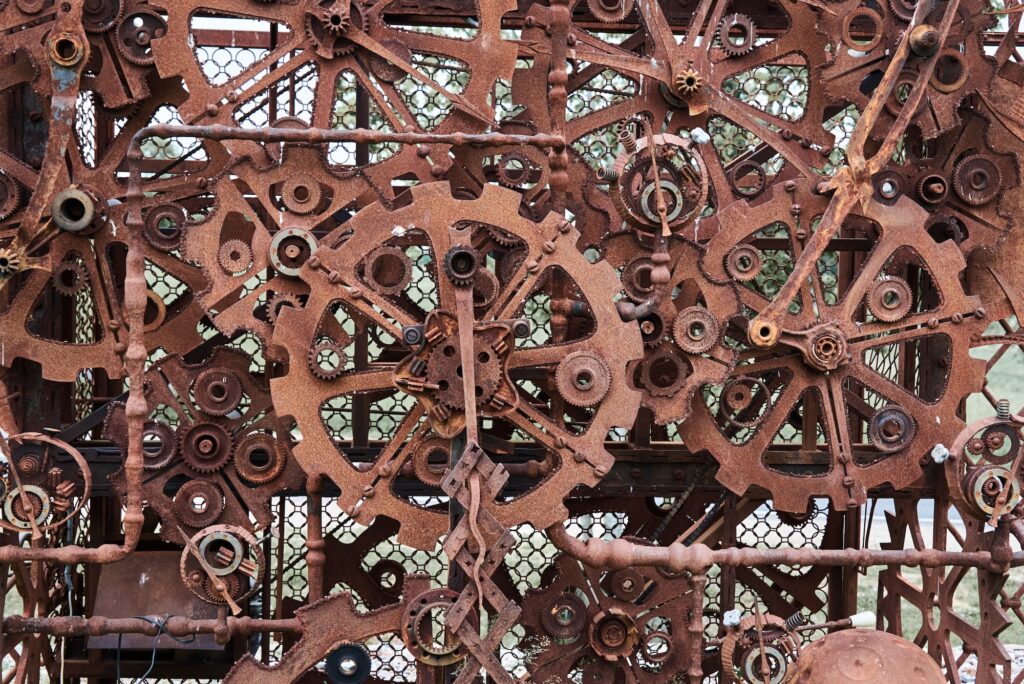
Moisture
Rusting is a common problem for many people who use iron casting parts. It can occur for a variety of reasons, but the most common cause is moisture.
When water comes in contact with iron castings, it causes the metal to oxidize and form rust. Salt water or other chemicals present in the environment may accelerate this process.
Air
Another cause is unlimited exposure to air. Iron casting is a reactive metal, which means that when it is exposed to air for long periods of time, it will corrode when it reacts with oxygen. This is why it is important to keep your iron casting parts free from the elements when they are not in use.
Environments
The third reason for rusting iron casting parts is the environment in which they are used. If parts are used in places with high humidity, they will be more likely to rust.
This is because humid air can cause the metal to sweat, which causes moisture and oxygen to come in contact with the cast iron. Also, if there is a lot of dust around, it can act as an abrasive, causing the metal to wear down, thus making it more likely to rust.
How fast does iron casting rust?
Now we all know that iron casting rusts very easily. But just how fast do these parts rust?
Rust is the result of an electrochemical reaction between iron and oxygen. When these two elements come into contact with each other in the presence of water, hydrated iron oxide, or rust as we know it, is formed.
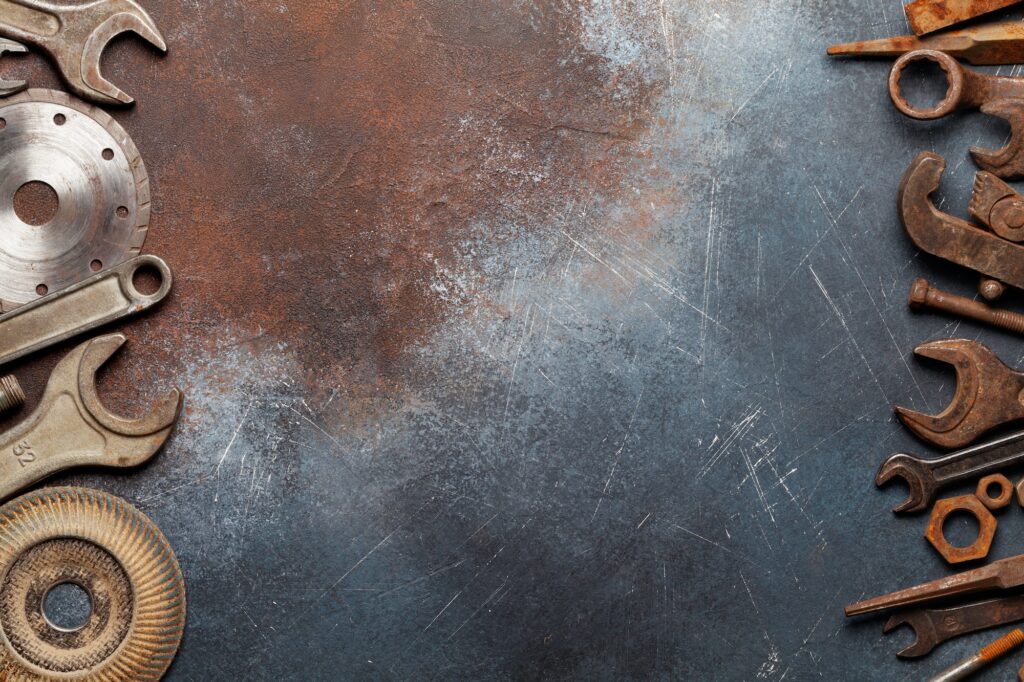
The rate of corrosion is influenced by many factors, including the type of metal, the environment and the level of protection.
For example, galvanized steel corrodes at a slower rate than uncoated steel because the zinc coating acts as a barrier between the steel and the environment.
Similarly, stainless steel corrodes more slowly than carbon steel because of the formation of a chromium oxide film on the surface of the metal. This film is chemically resistant and acts as a barrier to further corrosion.
However, in general, we can say that iron casting will corrode faster than galvanized steel or stainless steel. This is due to the fact that iron casting contains less chromium and zinc than either of the other two metals.
7 tips to prevent iron castings from rusting
Preventing rust is the best way to keep your iron casting parts still looking like new. There are a few things you can do to help prevent rust from forming on your parts.
1. Store them in a cool, dry place
When you’re not using your parts, store them in a cool, dry place. This will help keep moisture away from the metal, which is one of the main causes of rust.
2. Clean regularly
This may seem like common sense, but it’s worth mentioning. Casting parts that are constantly exposed to dust and dirt are more likely to develop surface rust than those that are kept clean. By cleaning your casting parts regularly with, you’ll buy yourself some extra time before rust sets in.
Also, make sure you clean and dry your casting parts after each use. This will eliminate any moisture or other contaminants that could cause rusting. It is very important to maintain and care for your iron castings.
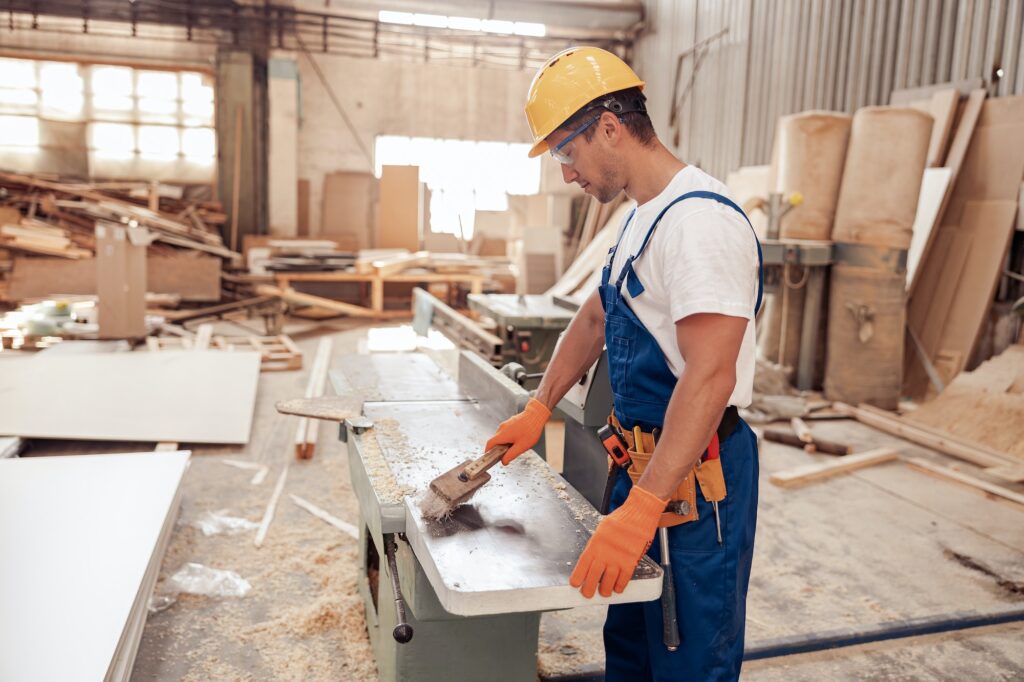
3. Keep lubrication
Lubrication is the key to preventing rusting. Before storing your iron casting parts, coat them with a thin layer of light oil or grease. Oils and other lubricants create a barrier between the metal and the air, which helps prevent oxidation. Make sure you apply a fresh coat of lubricant after cleaning the parts, and it will be in good shape.
4. Water-based rust prevention
In addition to applying grease for rust prevention, you can also do water-based rust prevention. You can use sodium nitrite aqueous solution. It works by converting iron oxide (rust) into a water-soluble compound that is then washed off, leaving a protective layer.
5. Adding alloying elements
Other alloying elements can also be added to iron castings to help slow down the rate of rusting. Chromium is a common alloying element used for this purpose since it forms a thin oxide film on the surface of the metal that protects against further corrosion.
6. Galvanization
Galvanization is a process in which an iron casting is coated with zinc. This increases its resistance to corrosion since zinc will corrode before iron does.
7. Paint coats
Applying paint coats to an iron casting can also help slow down the rate of corrosion by providing a barrier against moisture and oxygen exposure.
If you follow these 7 tips, you can effectively prevent rust from forming on your iron castings.
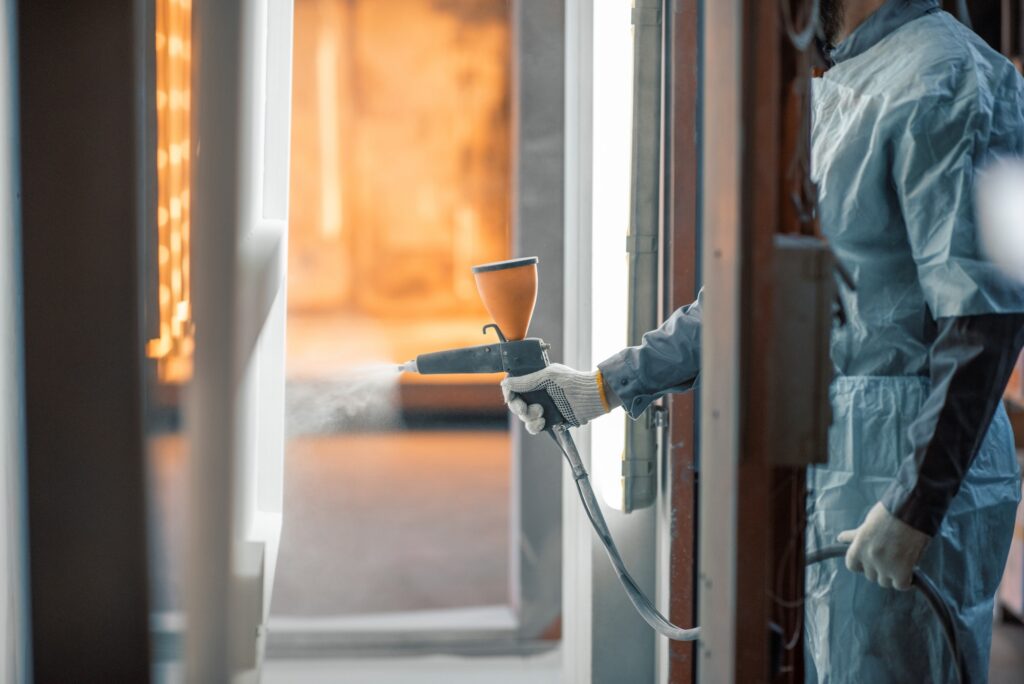
How to remove rust from iron castings?
While rust may not be harmful, it can cause problems for your iron casting parts. Once rust has formed, it can eat away at the metal and cause damage if left untreated.
Sandpaper
The most common method is to use sandpaper. This is a more labor-intensive method, but it removes all the rust.
Start with a coarse grit sandpaper and work your way up to a fine grit. You can also use a wire brush to remove rust. Once you have removed all the rust, you can apply a new topcoat to the surface.
Abrasive blasting media
Another method is to use abrasive blasting media. This is the most aggressive method, but it will also remove all of the rust. Abrasive blasting media can be purchased at most hardware stores.
Chemical rust remover
The most effective method of rust removal is to use a chemical rust remover. The chemical rust remover will dissolve the rust and make your castings look like new.
This method is very effective, but can be dangerous if you do not follow the instructions carefully. Always wear gloves and goggles when using chemical rust removers.
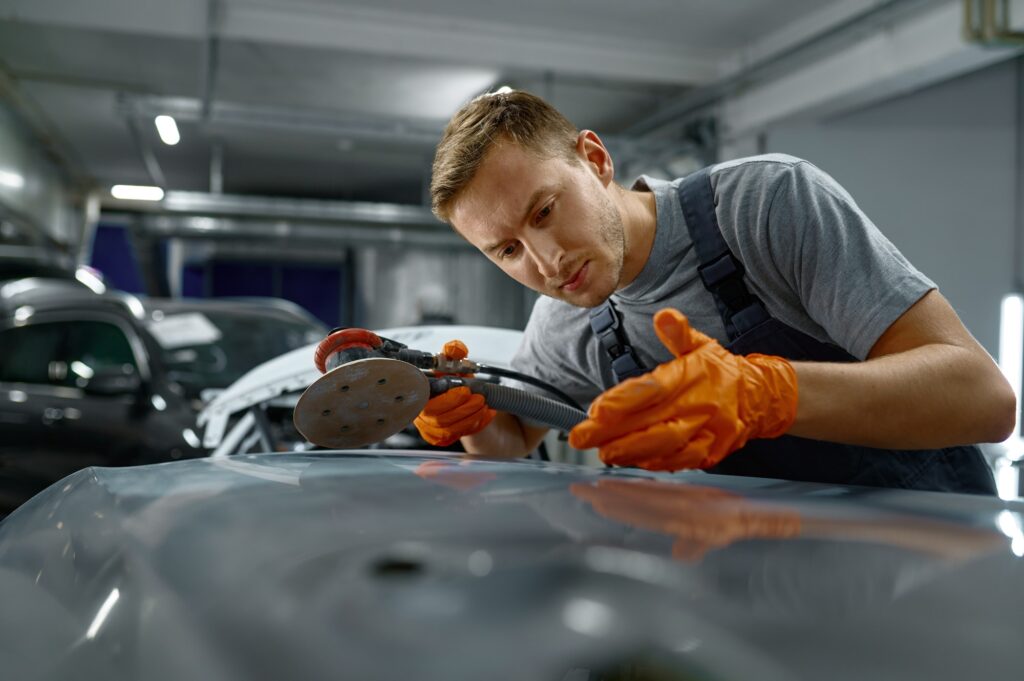
Conclusion
To summarize, rusting of iron castings is a common problem. The cause is caused by large contact with moisture and air, and also in places with harsher environments that make iron casting parts rust.
To prevent rusting, we can do several things to prevent it from happening. Store in a cool, dry place, clean regularly, keep lubricated, water-based rust prevention, adding alloying elements, galvanization and paint coats.
In addition, if rust does form on your iron castings, it can be removed with sandpaper or wire brushes, abrasive blasting media, and the use of chemical rust removers.
Maintaining and caring for your purchased iron castings is also an effective way to reduce costs and increase the value of your products.
Sourcing Notes
If you purchase iron casting parts in China, please do not forget to specify your requirements for rust prevention when you communicate with your supplier.
If it is not clearly stated, it is likely that you will receive the goods as a pile of rusty items.
At Castimoo, we have cool, dry warehouses that provide a good environment for storing iron casting products.
When we export iron castings, we offer water-based and oil-based rust prevention according to our customers’ needs.
In addition, we have a special plastic film containing rust prevention substances that can keep the products rust-free for over one year.
